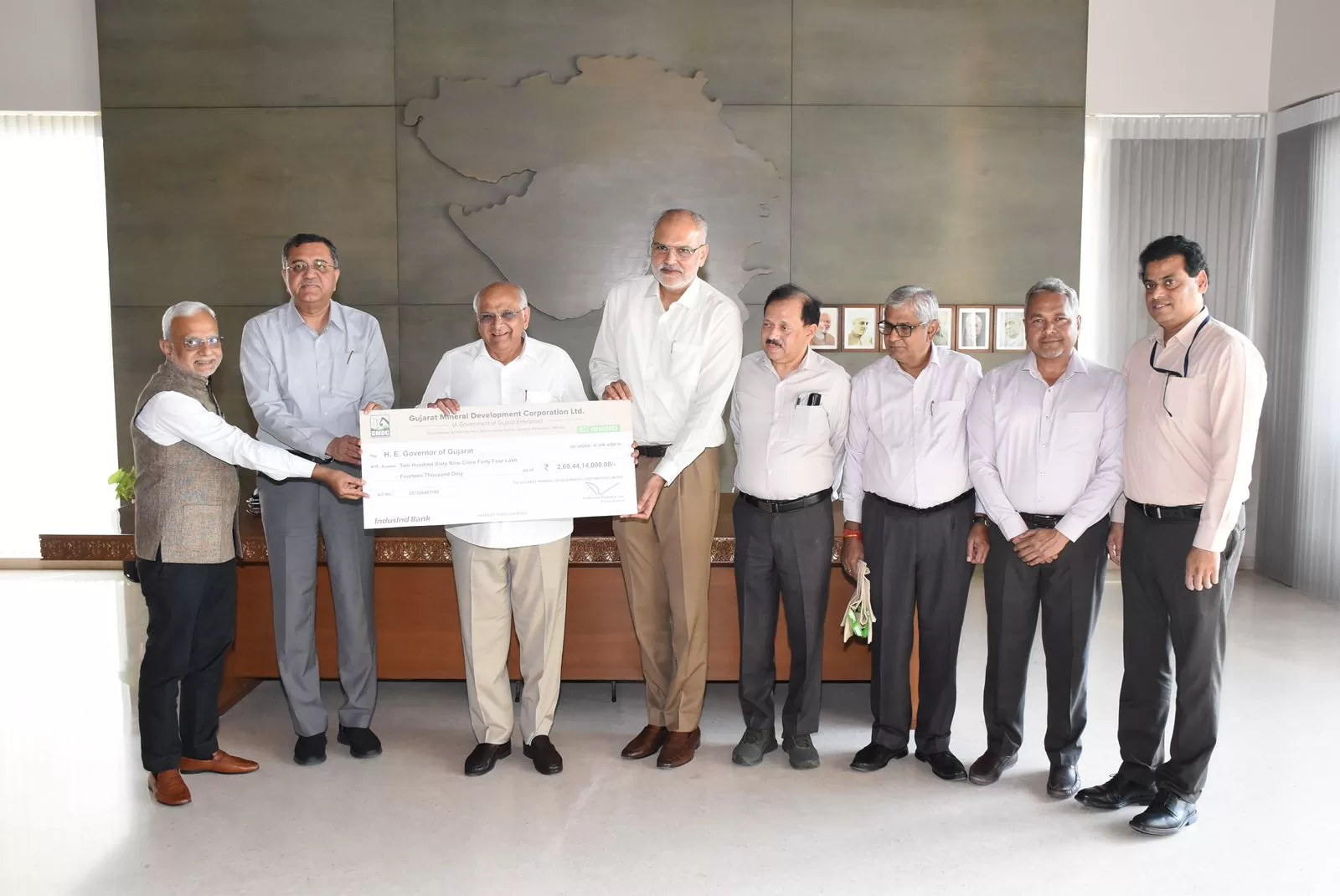
Fantasy Sports industry is estimated to have contributed Rs. 3000 crores to sports economy in 2021 and is driving development of sports in Gujarat right from grassroots levels.
Budget 2022 has announced the setting up of an AVGC task force to promote gaming industry and even the Hon’ble Prime Minister at an event on ‘AatmaNirbhar Arthvyavastha’ has remarked that India needs to encourage mobile gaming and this industry is set to become a 3 lakh crore industry. Propelled by increasing internet and smartphone penetration, India is witnessing rapid growth in the online sports engagement segment. Fantasy Sports platforms are amongst the most prominent players in this industry, worth almost $2.5 billion as of 2021. With over 13Cr users, India has overtaken the US to become the largest fantasy sports market in the world by user base. The industry has attracted over Rs. 10,000 Cr in Foreign Direct Investment (FDI) and contributed Rs. 1,500 Cr in taxes to the exchequer. Even as the industry is growing exponentially, some states have opted to ban online gaming altogether in lieu of regulating the industry.
Many states have enforced a ban on FS by erroneously equating them to gambling/ betting or games of chance. This is despite multiple High Courts of Rajasthan, Punjab, Haryana, and Bombay recognizing FS as a game of skill and clearly distinguishing them from gambling. Even the Hon’ble Supreme Court of India has recognized Fantasy Sports as a Game of Skill and have accorded protection under Article 19(1)(g) of the Constitution of India as a legitimate business activity. Recently, the Karnataka High Court while holding that gambling provisions extending to games of skill are unconstitutional and arbitrary have made a reference to all previous judgements on fantasy sports that have held a particular format of fantasy sports to be a game of skill.
To this end, experts have termed this as states exercising ‘disproportionate restraint’ and adopting a paternalistic view of the industry.
Regulation is a warranted practice for any growing industry. A clear regulatory framework adopted by the government ensures a healthy environment to harbor the industry’s growth in addition to providing the necessary safeguards required to protect users. Less intrusion from the states could prove to be beneficial to the exchequer in terms of earning revenue. The absence of regulation leaves OFSPs operating in a grey area and has affected their ability to attract further Foreign Direct Investment (FDI) and generate employment opportunities.
Given these challenges, the first step governments must take is to recognise fantasy sports as a sports engagement platform, to resolve any ambiguity. Subsequently principle-based guidelines can be adopted where a self-regulatory organization is recognized, responsible playing policies, code of ethics are employed, and grievance redressal and transparency are ensured. It is important to note that a self-regulatory regime already exists; a vast majority of fantasy sport platforms have committed themselves to self-regulatory organizations such as the Federation of Indian Fantasy Sports (FIFS) are sufficiently protective of user interests. States can further rely on NITI Aayog’s whitepaper titled, ‘Guiding Principles for the Uniform National-level regulation of Online Fantasy Sports Platforms’ in 2020 to understand the importance of national level regulatory framework and a principle-based regulation through SRO. The report also highlights the potential of this industry as it states that it can attract up to Rs. 10,000 crore of Foreign Direct Investment and create upwards of 12,000 jobs.
There is a pressing need for a regulatory and legal system for the Fantasy Sports industry to operate within. Experts believe that formal recognition would give the industry an impetus to enable large-scale innovation and growth by way of increased foreign direct investment and employment opportunities. Fantasy Sports industry is estimated to have contributed around Rs. 3000 crores to sports economy in 2021 and is driving development of sports in Gujarat right from grassroots levels. This aligns with the vision of an ‘Aatmanirbhar Bharat’ of the Hon’ble Prime Minister by inculcating a holistic sporting culture, enhanced sports engagement, and sports development.



